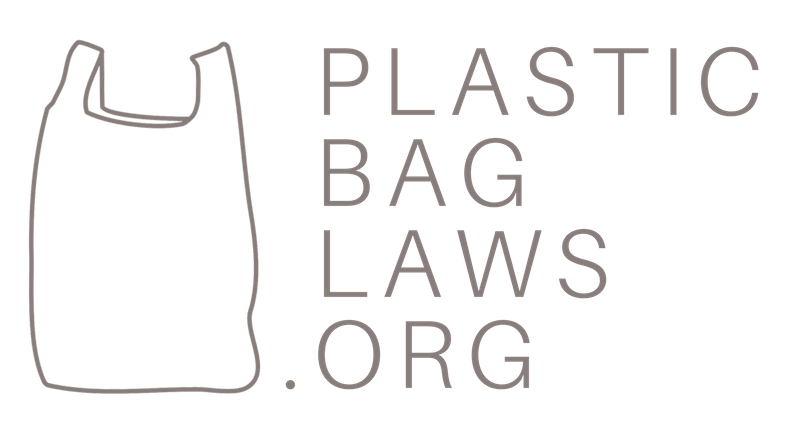Preemption Laws
ABOUT THE Preemption Problem
Preemption of local plastic pollution control ordinances is an increasingly concerning effort that is playing out at the state level of government in the United States. These preemption laws prohibit municipalities from adopting local ordinances that further regulate a particular product, namely bans or fees on carryout plastic bags. These laws apply broadly, often banning all local ordinances that regulate “ancillary containers” (bags, Styrofoam™, etc.). Preemption laws infringe upon municipal Home Rule as well as regulation rights concerning “local” fields, such as the protection of health, safety, and the power to regulate waste.
This issue encompasses not only plastic pollution but also the loss of local power to corporate interests. The American Legislative Exchange Council (ALEC), where corporate lobbyists and state legislators vote as equals on “model bills” that often benefit the corporations’ bottom line at public expense, has made preemption part of its new playbook to rein in environmental regulation. The plastics industry (and industry generally) has found that they have more power at the state level and are increasingly focusing legislative efforts on preemption bills in order to block all progress at regulating plastic pollution at the local level. ALEC has developed a model bill specific to banning local regulation of containers and this model is being pursued in several states.
This type of preemption is prevalent because plastic bag bans have their roots in grassroots activism. State legislators in Florida, Wisconsin, Indiana, Iowa, Michigan, Mississippi, Missouri, and Arizona have already preempted plastic regulation on all manner of containers (including polluting StyrofoamTM), as well as plastic bags, and much of the preemption legislation is identical. The statewide usurpation of “Home Rule” is not only happening with bags and foam foodware; there have been attempts to preempt local action on building efficiency rules, fracking, pesticide regulation, medicine take back programs and environment conservation efforts.
solutions
Not only must we keep a strong on-the-ground presence to continue to pass local single-use plastic bag regulations and foam foodware bans, but we also have to ensure that we have a presence and a voice at the statewide level to challenge the industry lobbyists that threatens to silence local voices and action on the topic of marine plastic pollution. To combat preemption, we should oppose statewide legislation that takes away the right of municipalities to improve their environment and continue to push for strong statewide legislation, like the recent passage of the California statewide bag ban. We also need to make sure that strongest possible local laws continue to be adopted and that we diligently track the efficacy of local bag bans and fees and demonstrate how these policies effectively change consumer behavior and reduce the amount of single-use plastic pollution in local parks, streets, beaches, and waterways.
ACTIONS
Discuss the issue with state and local officials who may already be affected or become affected by a preemption attempt.
Commit to speaking out about preemption as a manipulation of the democratic process and an attempt to take power away from everyday people and families trying to protect their local environment.

